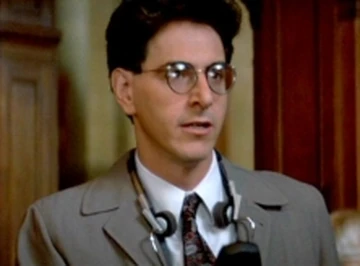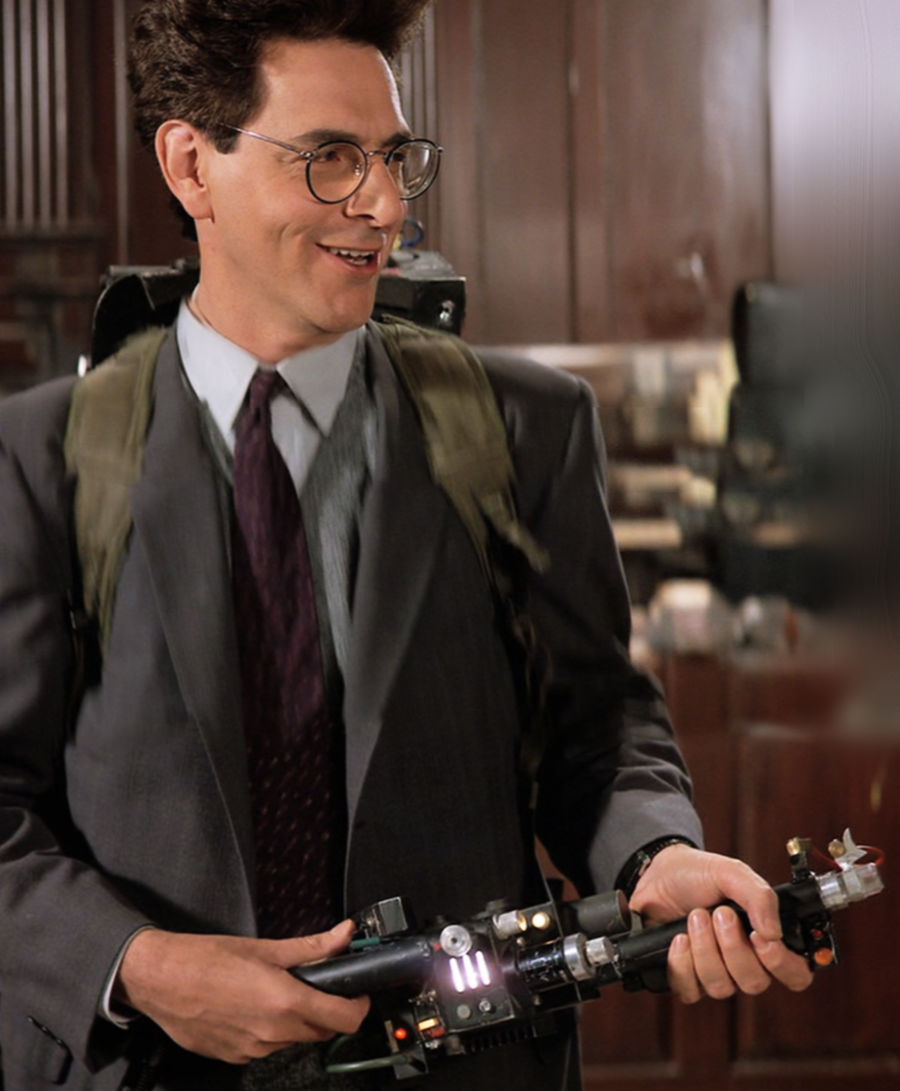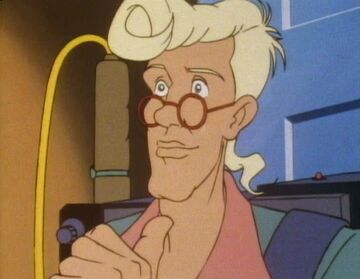One thing the Marvel universe got right since it's inception in comics is separating out its realities.
I enjoyed Discovery, and I really enjoy Lower Decks, but having both of those be Canon to series like The Next Generation and the like causes major issues.
Even the Kelvin timeline is the same just a branched reality.
Things would be much cleaner if these were simply completely alternate realities, these stories could be told and enjoyed and with no repercussions to the past cannon of the series. items like the Klingons in Discovery which was a huge misstep along with causes problems with previous shows, and as well as in the Lower Decks which as a show is meant to be comedic... and is enjoyable to watch... but some of their situations cause problems with what's already known.
And I don't necessarily mean like the Mirror universe where it's some place they can visit, more of a completely separate but similar universe where they can tell these stories but not have it impact what's already known, and quite frankly loved by fans.
While I would say Prodigy is similar enough that it can remain, it would be nice if they separated series like Discovery and The Lower Decks, which go against what's known, to be in alternate universes that are very similar to what we've seen in TOS, TNG, DS9, etc. but not the same
I enjoyed Discovery, and I really enjoy Lower Decks, but having both of those be Canon to series like The Next Generation and the like causes major issues.
Even the Kelvin timeline is the same just a branched reality.
Things would be much cleaner if these were simply completely alternate realities, these stories could be told and enjoyed and with no repercussions to the past cannon of the series. items like the Klingons in Discovery which was a huge misstep along with causes problems with previous shows, and as well as in the Lower Decks which as a show is meant to be comedic... and is enjoyable to watch... but some of their situations cause problems with what's already known.
And I don't necessarily mean like the Mirror universe where it's some place they can visit, more of a completely separate but similar universe where they can tell these stories but not have it impact what's already known, and quite frankly loved by fans.
While I would say Prodigy is similar enough that it can remain, it would be nice if they separated series like Discovery and The Lower Decks, which go against what's known, to be in alternate universes that are very similar to what we've seen in TOS, TNG, DS9, etc. but not the same






